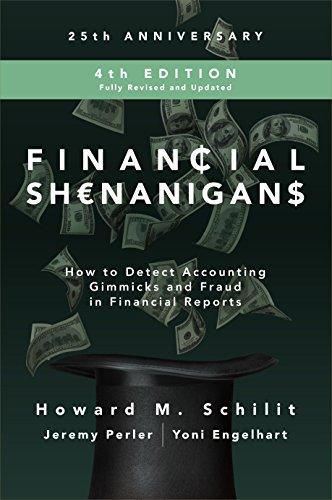

Question 4 of 23 It is January 1, 2017 and you are tasked with building a stand-alone DCF valuation for Guud, an organic food producer, using the unlevered two-stage approach. Based on cash flow forecasts, you have calculated an enterprise value of $4,200 million and diluted shares outstanding of 500 million as of the valuation date (January 1, 2017). You have also collected the following forecasts: End of period balances for the year ending $ in millions 12/31/2016 12/31/2017 12/31/2018 12/31/2019 12/31/2020 12/31/2021 12/31/2022 12/31/2023 86.0 94.6 104.1 114.5 125.9 138.5 152.4 167.6 Cash and equivalents Current portion of long term debt 7.0 7.7 8.5 9.3 10.2 11.3 12.4 13.6 Long term debt 94.0 103.4 113.7 125.1 137.6 151.4 166.5 183.2 In addition, you calculate the following: WACC 10.0% Perpetuity growth rate (annual growth rate of unlevered free cash flows after 2023) 3.0% Question: Calculate the equity value per share on January 1, 2017 assuming all cash flows occur at year end. Use whole numbers (i.e. 1 year exactly equals 1 period when calculating returns and discounting). 8.03 7.0 7.7 8.5 8.5 9.3 10.2 11.3 12.4 13.6 term debt Long term debt 94.0 103.4 113.7 125.1 137.6 151.4 166.5 183.2 In addition, you calculate the following: WACC 10.0% Perpetuity growth rate (annual growth rate of unlevered free cash flows after 2023) 3.0% Question: Calculate the equity value per share on January 1, 2017 assuming all cash flows occur at year end. Use whole numbers (i.e. 1 year exactly equals 1 period when calculating returns and discounting). 08.03 08.34 08.37 8.38 8.43 Question 4 of 23 It is January 1, 2017 and you are tasked with building a stand-alone DCF valuation for Guud, an organic food producer, using the unlevered two-stage approach. Based on cash flow forecasts, you have calculated an enterprise value of $4,200 million and diluted shares outstanding of 500 million as of the valuation date (January 1, 2017). You have also collected the following forecasts: End of period balances for the year ending $ in millions 12/31/2016 12/31/2017 12/31/2018 12/31/2019 12/31/2020 12/31/2021 12/31/2022 12/31/2023 86.0 94.6 104.1 114.5 125.9 138.5 152.4 167.6 Cash and equivalents Current portion of long term debt 7.0 7.7 8.5 9.3 10.2 11.3 12.4 13.6 Long term debt 94.0 103.4 113.7 125.1 137.6 151.4 166.5 183.2 In addition, you calculate the following: WACC 10.0% Perpetuity growth rate (annual growth rate of unlevered free cash flows after 2023) 3.0% Question: Calculate the equity value per share on January 1, 2017 assuming all cash flows occur at year end. Use whole numbers (i.e. 1 year exactly equals 1 period when calculating returns and discounting). 8.03 7.0 7.7 8.5 8.5 9.3 10.2 11.3 12.4 13.6 term debt Long term debt 94.0 103.4 113.7 125.1 137.6 151.4 166.5 183.2 In addition, you calculate the following: WACC 10.0% Perpetuity growth rate (annual growth rate of unlevered free cash flows after 2023) 3.0% Question: Calculate the equity value per share on January 1, 2017 assuming all cash flows occur at year end. Use whole numbers (i.e. 1 year exactly equals 1 period when calculating returns and discounting). 08.03 08.34 08.37 8.38 8.43








